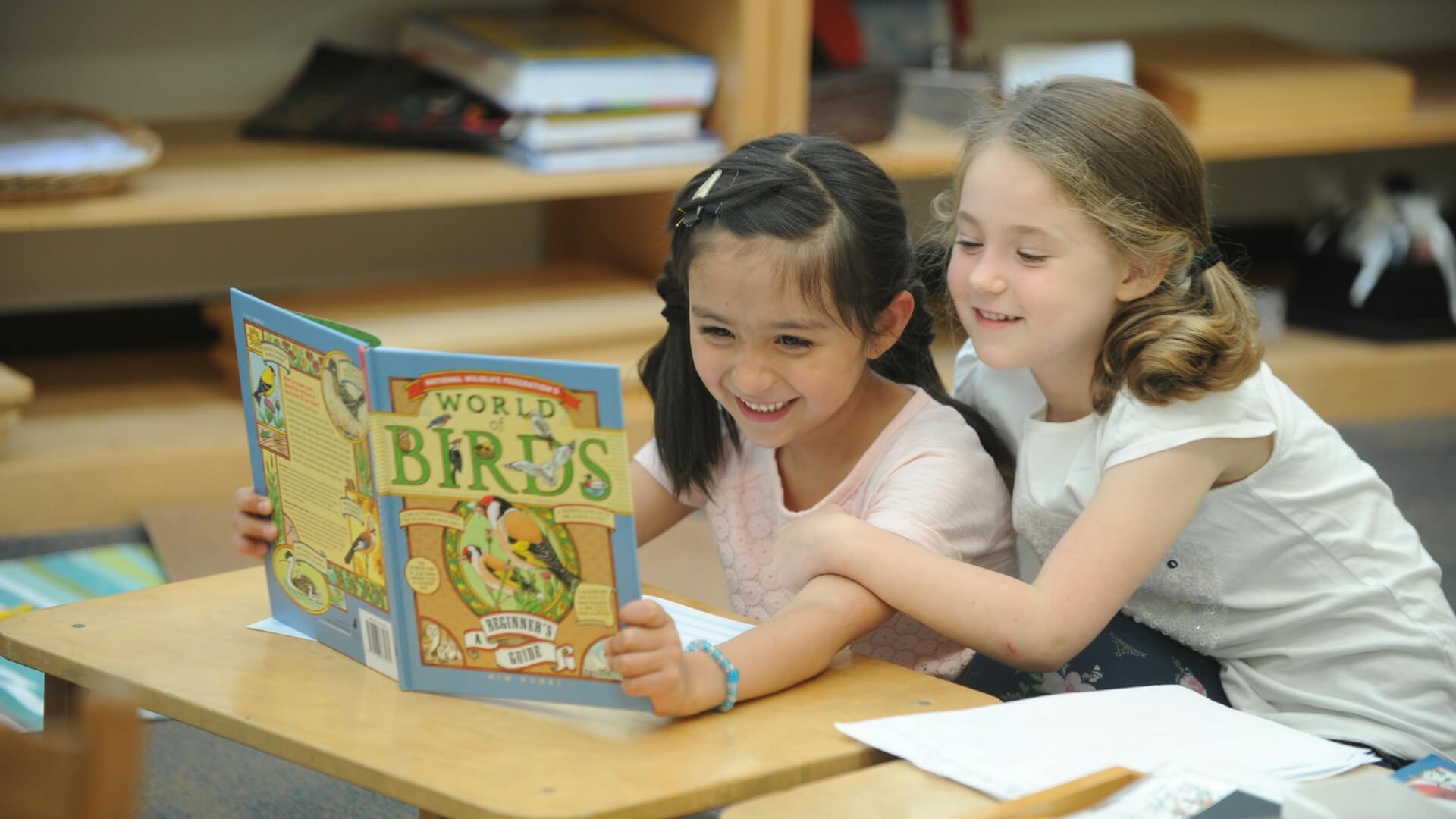If you’re like most parents of small children, you want the best education possible for your child. More and more parents are discovering the many benefits of Montessori education. Here’s what you need to know about the Montessori method, along with a few other considerations.
What Is the Montessori Method?
Most likely, you’ve heard of the Montessori method but aren’t quite sure what it is. Simply put, it’s a child-centered learning technique that focuses on personal development and natural curiosity within a supportive child-focused classroom environment. Developed more a century ago, the Montessori method was devised by Maria Montessori, an Italian teacher, and a doctor who was looking for a way to teach poor Italian children. By observing young children, she gained insights as to how they learn.
The first Montessori school here in American opened in 1907. Today, the Montessori movement has significantly grown as there are over 8,000 Montessori schools in the United States.
Basic Features and Benefits of the Montessori Method
There are several features and advantages of the Montessori method.
- One of the main perks is that a child learns at his or her own pace. Consider how not being pressured to keep up with other kids can help in developing self-esteem.
- What’s more, children learn to respect their peers. As a result, they’re less inclined to bother their classmates when working.
- Because of the multi-age classroom, the older kids can help to teach the younger ones, which results in building community spirit. Furthermore, this type of environment can promote confidence and self-esteem in children.
- A Montessori classroom gives a child a natural sense of discipline. Instead of having a teacher correct them, children learn to make wise choices by using self-correcting materials. Thus, kids become more confident.
- Another huge benefit is young children being interested in their work and developing a sense of self-discovery. In other words, they’re more interested in the process of working and not just the end result.
- Montessori education gives kids “hands-on” learning as opposed to abstract learning. This means kids learn by actually taking part in tasks and seeing the results.
- The Montessori method is exceptionally child-friendly. Everything item in the classroom is placed in a specific spot on a shelf. This teaches young children to be better organized and helps them develop in a positive manner.
- It helps in a child developing soft skills or life skills, including adaptability, responsibility, fairness, and independence. Kids become more creative and independent so that they’re able to think for themselves, besides manage themselves.
- As the Montessori method is not a one-size-fits-all program, children have options. They can select their own materials and activities. They also get to choose if they would rather work with other kids or by themselves.
- The Montessori approach combines independent lessons, along with working with partners, small groups, and entire group activities and lessons. Usually, the youngest kids tend to work on solo activities, but as they grow, they typically want to include others.
Other Advantages and Considerations
- All classroom materials are easily accessible to young children. For example, toys and books are placed on kid-sized tables, and wall decorations are positioned at the eye level of kids.
- Unlike traditional education, Montessori teachers are more like guides than lecturers. They give each child personalized instruction so that the child remains motivated and challenged.
- Rather than being motivated from wanting to please their teachers, children want to succeed because they want to improve themselves.
- As all the items on the classroom shelves are called “materials” and not “toys”, kids receive a greater sense of value and feel more mature.
- Instead of repeating memorized jargon, children in a Montessori classroom learn how to solve problems by thinking for themselves.
- While sometimes young children in a traditional classroom don’t fit in with their classmates, this problem is less likely in a Montessori environment. Therefore, Montessori education can be a better option for students with special needs.
These are just a few of the many reasons why many parents are choosing a Montessori classroom for their children, including Hudson Montessori School, an independent school in Hudson, Ohio. Besides preparing kids academically, Montessori education can help to prepare them socially and emotionally for later life as it focuses on following directions, attentive listening, and adjusting to new situations.


